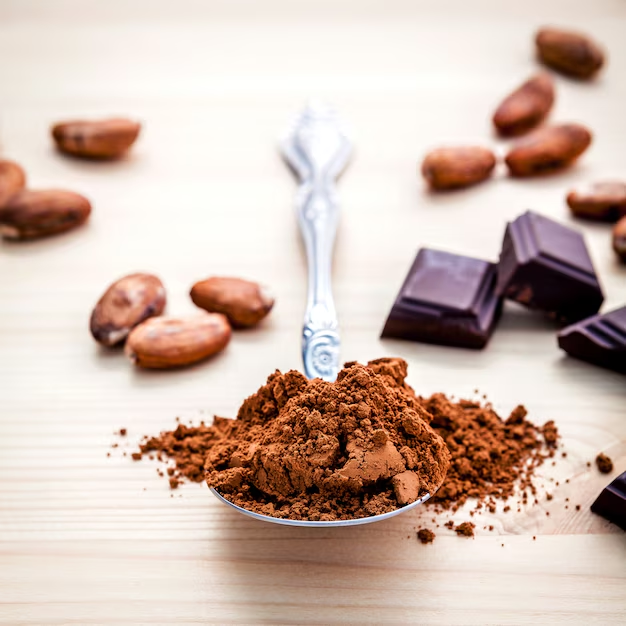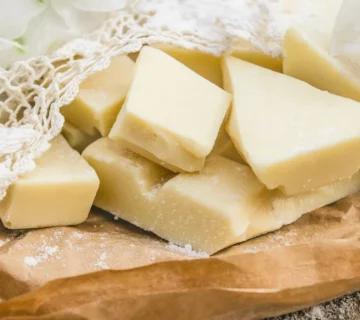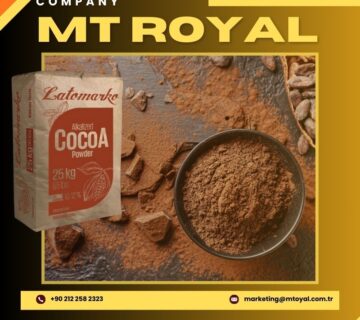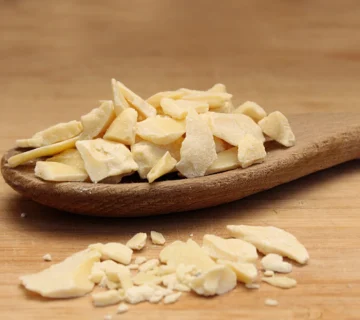For factory owners, production managers, and procurement officers in Jordan, sourcing the right cocoa powder can determine the success of your confectionery, bakery, and beverage operations. High-quality Wholesale Cocoa Powder Jordan is essential not only for flavor and color but also for ensuring smooth production processes, consistency, and cost efficiency. At MT Royal, we’ve worked with industrial clients across the region, and we understand that selecting the right supplier is a strategic decision, not a routine purchase.
This guide explores the critical aspects of cocoa powder sourcing in Jordan, providing actionable insights, practical tips, and industry-specific knowledge that can help you optimize your procurement strategy and enhance manufacturing efficiency.
Understanding Cocoa Powder: Types and Fundamentals
Cocoa powder is derived from cocoa beans after cocoa butter extraction. It is a versatile ingredient, widely used in chocolate, bakery products, ice cream, and beverages. Choosing the right type of cocoa powder is crucial for industrial applications.
Types of Cocoa Powder
- Natural Cocoa Powder
- Slightly acidic, lighter brown, and robust in flavor.
- Ideal for baked goods where leavening with baking soda is required.
- Alkalized (Dutched) Cocoa Powder
- Treated with alkaline salts to neutralize acidity.
- Produces a darker color, smoother taste, and is often preferred in premium chocolates or beverages.
Understanding these differences is essential for factory managers aiming for consistent product quality and optimal production outcomes.
Why a Trusted Supplier Matters
A reliable Cocoa Powder Supplier in Jordan is a critical partner. Beyond price, a supplier must deliver consistent quality, reliable supply, and technical guidance.
Value Propositions for Manufacturing Facilities
- Consistent Quality: Bulk production requires uniform cocoa powder in flavor, fat content, and solubility.
- Operational Reliability: Timely delivery avoids production downtime, ensuring continuous output.
- Technical Expertise: Knowledgeable suppliers can provide guidance on storage, handling, and formulation optimization.
At MT Royal, we supply manufacturers with a comprehensive range of brands, offering competitive pricing without compromising quality. We’ve seen factory managers significantly improve efficiency by partnering with suppliers who combine product supply with industrial insights.
Common Procurement Challenges
Even experienced industrial buyers encounter pitfalls when sourcing cocoa powder.
Misconceptions
- All Cocoa Powder Is Equal: Variations in fat content, particle size, and solubility can affect your product’s texture and flavor.
- Lowest Price Is Best: Cheaper suppliers may cut corners, compromising quality and consistency.
- Certification Isn’t Critical: Compliance with food-grade standards and certifications is essential for both domestic and export markets.
Avoiding these misconceptions can save time, money, and prevent production setbacks.
Industrial Considerations for Large-Scale Production
Cocoa powder interacts with every stage of production. Understanding its functional properties is key for manufacturing success.
Functional Factors
- Fat Content: Impacts texture, mouthfeel, and blending with other ingredients.
- Solubility: Essential for beverages, ice cream, and sauces.
- Particle Size: Influences mixing efficiency and final product consistency.
Practical Recommendations
- Maintain storage in cool, dry conditions to prevent caking and preserve flavor.
- Conduct regular quality testing for moisture content and microbial safety.
- Opt for bulk packaging solutions such as 25–50 kg bags or flexible intermediate bulk containers (FIBCs) for efficient handling.
Premium European brands, including Spanish manufacturers like Latamarko, are renowned for their consistency, solubility, and long-term reliability, making them an excellent choice for high-end confectionery production.
Step-by-Step Guide to Selecting a Supplier
- Determine Production Requirements: Assess the volume, cocoa type, and quality specifications your facility needs.
- Evaluate Supplier Credentials: Check certifications, quality control measures, and delivery reliability.
- Request Samples: Test small batches to ensure solubility, flavor, and consistency meet your standards.
- Consider Technical Support: A supplier’s ability to advise on handling, formulation, and storage is invaluable.
- Negotiate Terms: Include lead times, payment conditions, and contingency plans in your agreements.
In our experience supplying manufacturers, the right supplier becomes a strategic partner, offering insights that go beyond simple delivery.
Real-Life Industrial Insights
We’ve observed that cocoa powder quality directly impacts production efficiency. For example, a bakery in Amman struggled with graininess in chocolate products due to inconsistent particle size. By switching to a supplier with standardized European cocoa powder, they reduced defects and waste, improving overall yield.
Similarly, ice cream manufacturers benefit from cocoa powders with superior solubility, which allows smooth chocolate integration and enhances flavor perception, resulting in higher consumer satisfaction.
Comparison Table: Cocoa Powder Types & Uses
| Type | Acidity | Flavor Profile | Best For | Solubility | Notes |
|---|---|---|---|---|---|
| Natural Cocoa Powder | High | Strong, robust | Baking, beverages | Moderate | Needs leavening agents like baking soda |
| Alkalized Cocoa Powder | Low | Smooth, mellow | Premium chocolate, ice cream | High | Produces darker color, less acidic |
Frequently Asked Questions
Q1: How much cocoa powder should a medium-sized Jordanian factory import?
A: Typically, 2–5 tons monthly, depending on production volume.
Q2: What is the optimal storage for cocoa powder?
A: Cool, dry conditions away from odors; shelf life ranges 12–18 months.
Q3: Why consider premium brands like Latamarko?
A: European suppliers offer higher consistency, solubility, and quality compliance, ideal for premium products.
Strategic Sourcing Tips
- Bulk Purchasing: Reduces cost per kilogram and ensures uninterrupted production.
- Local vs. International Brands: Local suppliers may deliver faster, but international options often offer superior consistency and certification.
- Integrated Logistics: Suppliers that manage shipping, customs, and storage reduce operational stress.
At MT Royal, we coordinate bulk cocoa powder imports for manufacturers in Jordan, combining a diverse brand portfolio with seamless supply chain solutions.
Closing Reflections
Choosing the right Wholesale Cocoa Powder Jordan supplier is a strategic decision that affects product quality, operational efficiency, and customer satisfaction. Understanding cocoa powder types, evaluating supplier reliability, and considering functional factors like solubility and fat content ensures consistent high-quality production.
As your industrial partner, MT Royal offers expertise, brand diversity, and dependable supply, helping factories thrive in competitive markets. Whether opting for premium European options such as Latamarko or competitively priced alternatives, the right cocoa powder enhances your production lines and product outcomes.
When was the last time your cocoa powder supplier helped optimize your production efficiency? Perhaps now is the time to reconsider your sourcing strategy.







No comment